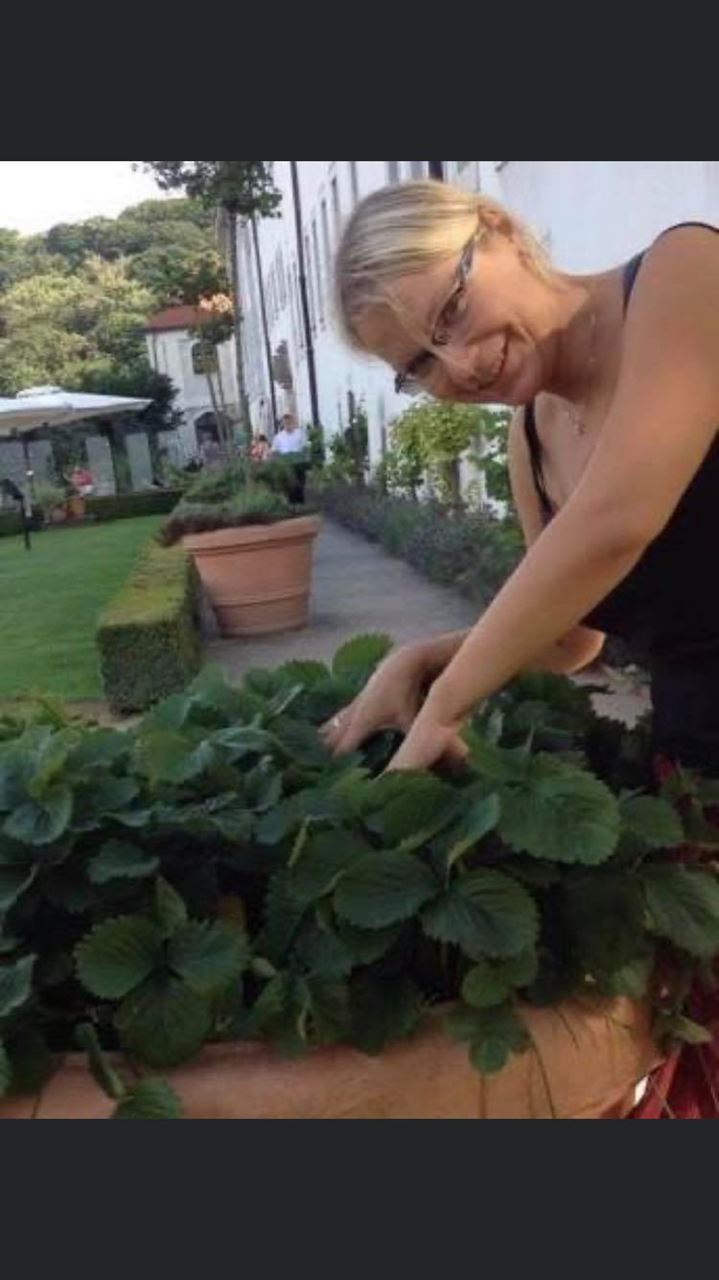 Milda Malling, Phd Student in journalism, Södertörn University, Sweden
Milda Malling, Phd Student in journalism, Södertörn University, Sweden
I should not miss the date! When I was asked to write a text about my hobby that would be as far away from academia as possible I was concerned with a deadline that is, indeed, far away from what a dedicated PhD student should do in a late spring. I sat next to my cucumber-bed putting the small seeds into the soil, and, just like every spring, telling myself that gardening should be practiced by those who are not at the moment actively involved in the education system. By those, who are not restrained by the thesis deadlines or spring exams, or a conference. These two weeks at the end of April and the beginning of May are the weeks, both here and there, and the way you behave these 14 days will result into fruits (be it cucumbers, articles or grades) that will affect the harvest the rest of the year(s).
Rushing here does not help – for a person who is taught to base each sentence on ten well-researched articles by the others, I wish I had done it right this time. That is, started preparing the soil last autumn, pre-grown the seeds in a wet napkin 48 hours before, had watering system in place… But sometimes better done than perfect takes over, and I am still planting, once again, a bit imperfect. Just this last time. We can call this my last-minute ambitious proposal for this summer. Preparing it always starts a bit later and always takes a bit longer. It is often worth it, as it gives a chance, a pleasure of being a part of it all, of keeping up with the cycle.
I will just move on. It will have to be an inductive approach this time. Just like this quickly, purely out of curiosity collected data can start making sense or even turn out to be “innovative”. We will see. The green leaves might still turn up.
 However, it is my observation that garden, like few other things and academia is one of them, loves people who have their routines in place, like sticking to the right reference guidelines, watering and regular, dedicated and not distracted attention. With a peak then, as been said, at the end of the spring term (May), and, again, at the beginning of the new one (September). And the real enjoyment comes during the late summer break. The harvest.
However, it is my observation that garden, like few other things and academia is one of them, loves people who have their routines in place, like sticking to the right reference guidelines, watering and regular, dedicated and not distracted attention. With a peak then, as been said, at the end of the spring term (May), and, again, at the beginning of the new one (September). And the real enjoyment comes during the late summer break. The harvest.
So how cucumbers help to study PhD in journalism? The idyllic of the urban gardening, most likely, is rooted in the Ancient times and the Renaissance, as we humans feel how the nature brightens up our souls and thoughts. But with my fingers in the soil I let me name some, so to say, down to earth examples. Indeed, one of these academically enlightening moments I experienced well into the summer when looking at my plant with many healthy, strong branches, but few fruits. I realized that I should have pruned them. Their problem now reminded me what happens when one collects too much data, gets engaged in too different research areas at the same time, or has too many ideas that one is trying to fit within the same essay. By growing all these branches, my cucumber had no energy left to nurture the fruits. I should have kept it focused. Should have simply deleted that paragraph. I should have left one main stem. One, overarching, question, so to say. Unless the issue is because of the invisible. The roots – what is going on there? I have asked hundreds of journalists about the sources who contribute but never get quoted, the sources that are hidden and informal, helpful or refusing to contribute. I want to understand all about the people who do influence the result, but who are not visible in the content, not visible on the surface, but who are there by the roots. But in my garden I will not dig out the plant this time, I will satisfy myself with the “content” even though I see that the problem and the roots also here, like in political communication, most likely belongs to the invisible…
If, despite all the delays in the schedule, despite over-ambition and too many branches, and despite the Nordic summer, the plant is still thriving, well, then another dilemma will become relevant: what to do with all my cucumber-fruit? The harvest suddenly starts coming, all at once. I will run out of jars for pickling, and I will find myself sharing my cucumbers with anyone who cares to taste them. A little bit like offering the research results to all who would like to hear about them...
And at the end of the season, when cleaning up the soil and the desk, one might think that well, never again. But as soon as a beam of sun, just like a new curious call for proposals, knocks into your window, look, you will be rushing out into the field again. Because it is nice to get close to the bottom, to where all of it starts. Each year is a bit different, and yet the same. It is about a cycle and being a part of it.
Milda Malling is a PhD student in journalism at Södertörn University and Mid Sweden University. She researches about informal and/or invisible interactions between journalists and their political sources.